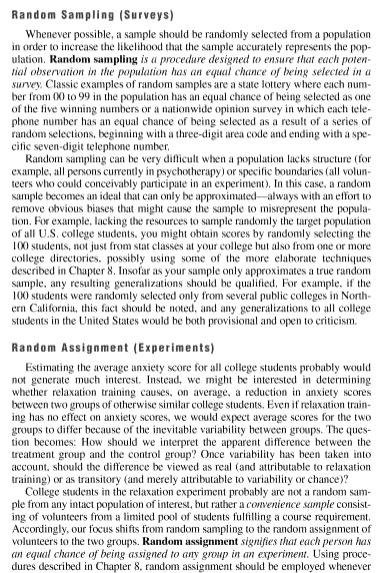4.3.1. Clasificación - Classification
En lingüística se ha dividido a la noción de modalidad en dos grandes grupos. La modalidad epistémica, que expresa necesidad y posibilidad, y la modalidad deóntica, para expresar obligación y permiso.
Los verbos modales más frecuentes en la bibliografía académica para expresar estas modalidades son: can, could, must, should, may, might, y would.
| Modal verbs | Subject | Modal | Prt | Main verb | Object |
| Affirmative Sentence |
I You, we, they, He, she, it |
can, |
import | goods. | |
| recruit | staff. | ||||
| try | to improve the company performance. | ||||
| Negative sentence |
I You, we, they He, she, it |
can, |
not | perform | well. |
| not | buy | goods. | |||
| not | export | goods. | |||
| Interrogative Sentence |
can, |
I you, we, they he, she, it |
work | hard? | |
| train | staff? |
||||
| sell | houses? |
El modal "can" expresa tres nociones básicas que son posibilidad, permiso y habilidad. Es un verbo irregular, su pasado e hipotético es "could".
| Ejemplo - Example |
|
|
|
El modal "must" expresa dos nociones básicas que son obligación y conclusión. Es un verbo irregular, su pasado y futuro se expresan por medio de "had to" y "will have to", respectivamente.
| Ejemplo - Example |
|
|
|
El modal "should" expresa la noción central de "requerimiento" socialmente orientado, típicamente expresado en términos de comportamiento apropiado, como así también consejo o sugerencia.
| Ejemplo - Example |
|
|
|
El modal "may" expresa dos nociones básicas que son posibilidad y permiso. Es un verbo irregular, su pasado e hipotético es "might".
| Ejemplo - Example |
|
|
|
El modal "would" expresa una noción básica que es la de predicción en pasado. Pero además, se emplea habitualmente en el texto académico para expresar resultados hipotéticos y probabilidad inferida.
| Ejemplo - Example |
|
|
|
| Actividad – Activity Nº 13 | |
|
Identificar las oraciones con verbos modales en el texto que sigue, analizar la noción en la que se basa la elección de dicho modal y expresar la idea que transmiten en castellano. |
|
| Text of activity 13 | |
 |
|
| La imagen muestra el sector introductorio de un libro de estadística. Fuente: Witte, R. y otro (2010), “Statistics”, John Wiley & Sons Ltd., Hoboken. |
| Para ampliar - To broaden your knowledge | |
|
En este punto es necesario realizar un repaso de los verbos modales y diferenciarlos de los auxiliares. De hecho todos son auxiliares por algún motivo, pero no todos son modales. De ahí la diferenciación y el distinto tratamiento que se le da en esta unidad. Para ello, se presenta el siguiente video que explica los verbos auxiliares y los modales en inglés.
|
|
